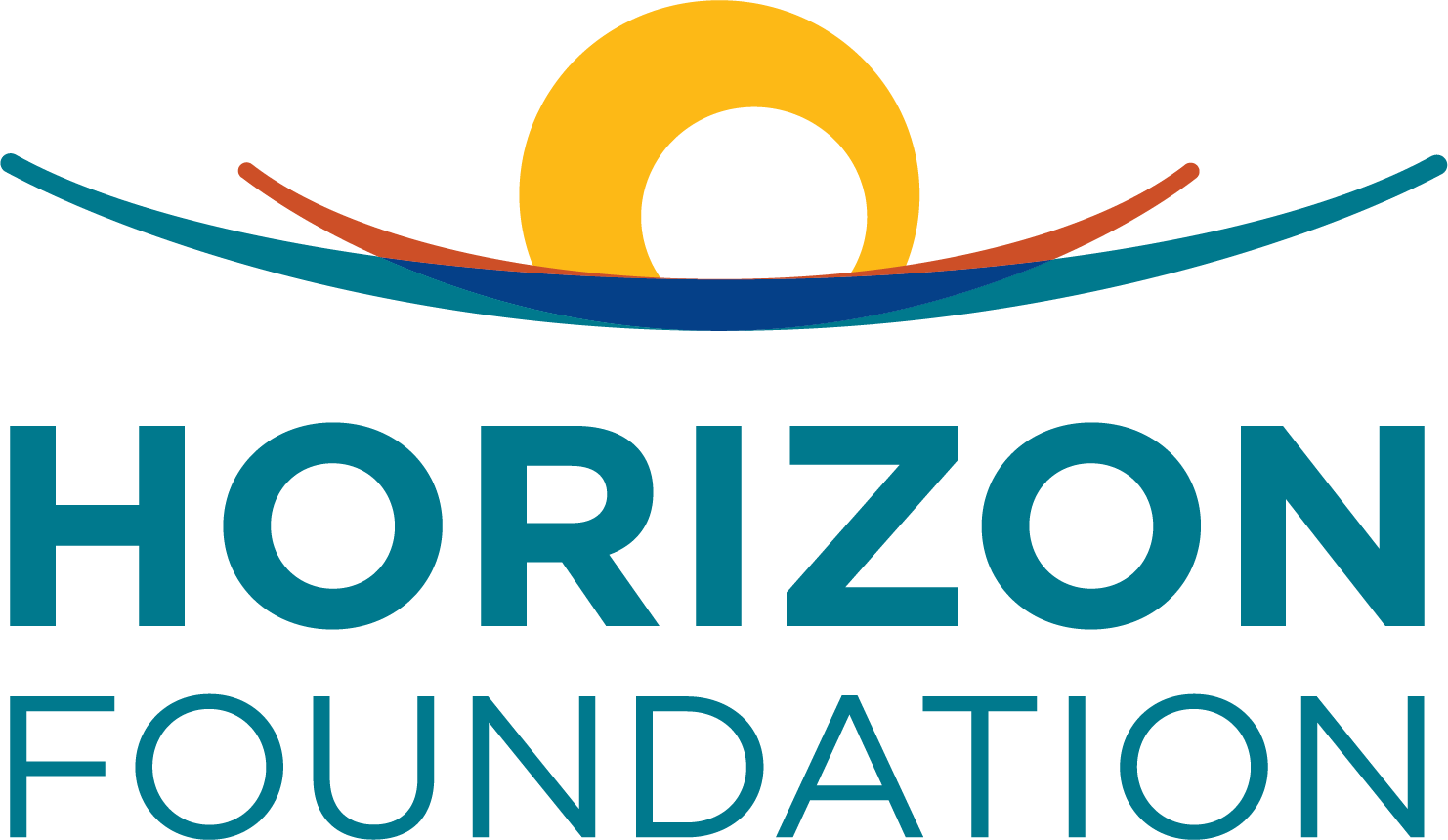For the Horizon Foundation, equity means that everyone has a fair and just opportunity to live a long, healthy life – and no one is left behind despite who they are or where they live. However, research shows that some members of our community face barriers to good health, overall wellness and opportunity. This is especially true for our communities of color, which experience higher levels of chronic disease, deaths and disabilities.
Past efforts by other community organizations have tackled race issues, but now we must continue to engage racial equity as a systemic issue. The Foundation seeks to reduce health disparities and work toward racial equity in health by:
- Advocating for policies and practices that dismantle longstanding health barriers and ensure more equitable health outcomes for people of color.
- Elevating the voices of leaders from communities of color.
- Strengthening the abilities and resources of community organizations to advance movements for social change.
Below highlights how the Foundation is assisting in the advancement of racial equity in Howard County.
Racial Equity Trainings
- In 2018, the Foundation held racial equity workshops, attended by over 300 people, to develop common language related to diversity, inclusion and equity.
- The Foundation also held a racial equity summit which hosted more than 600 participants. The purpose of the summit was to learn more about equity and participate in “back mapping” sessions where racial disparities were mapped back their root systemic causes. Additionally, the summit welcomed keynote speaker, and #1 New York Times bestselling author, Ta-Nehisi Coates, into the conversation to speak about his life growing up in Baltimore and how his experiences shaped his view of the world today.
Community Awareness
- The Foundation worked closely with the Howard County Library System to present several equity discussions with authors including Debby Irving (Waking up White) and Richard Rothstein (Color of Law).
- The Foundation partnered with the local faith community to host a series of “Courageous Conversations,” where participants shared each other’s perspectives about living together in their experiences of racial and religious bias.
Howard County Equity Collaborative
- In 2019, the Foundation awarded $306,000 in grants to five organizations to establish the Howard County Equity Collaborative. Participating organizations committed to gathering monthly for intensive racial equity training, coaching and organizational development to help them better advance equity and fight systemic racism in Howard County.
- The first cohort of Howard County Equity Collaborative members included the African American Community Roundtable, Association of Community Services of Howard County, Equity4HC, Howard County Chinese School and the Horizon Foundation. Equity4HC and the Howard County Chinese School continue to work with the Foundation on its racial equity campaigns related to education and housing.
- Beginning in 2022, Collaborative members include Bridges to Housing Stability, Columbia Housing Center, Springboard Community Services and United Way of Central Maryland.
Communication/Media
- In early 2020, the Foundation released a new report, “The 2020 Vision for Health in Howard County,” which highlighted persistent disparities in prenatal care and infant health, chronic disease, mental health and advance care planning. The report also analyzed root causes and called for specific solutions and broad action to address them.
- The COVID Equity Voices project launched in September 2020 to elevate the voices of African American leaders and help shine a public light on what needs to be done to break down systemic barriers to good health and well-being, which have been magnified by COVID-19.
The Horizon Foundation is also taking a deeper dive into current programing to understand how to better embed equitable practices and principles across all program areas. For example, the Streets for All initiative is embedding equity by ensuring that prioritized projects for additional walking and biking take into account historical disinvestment in communities of color. Ongoing support will continue for racial equity grantees, community learning and training opportunities to address racial equity in health going forward.

